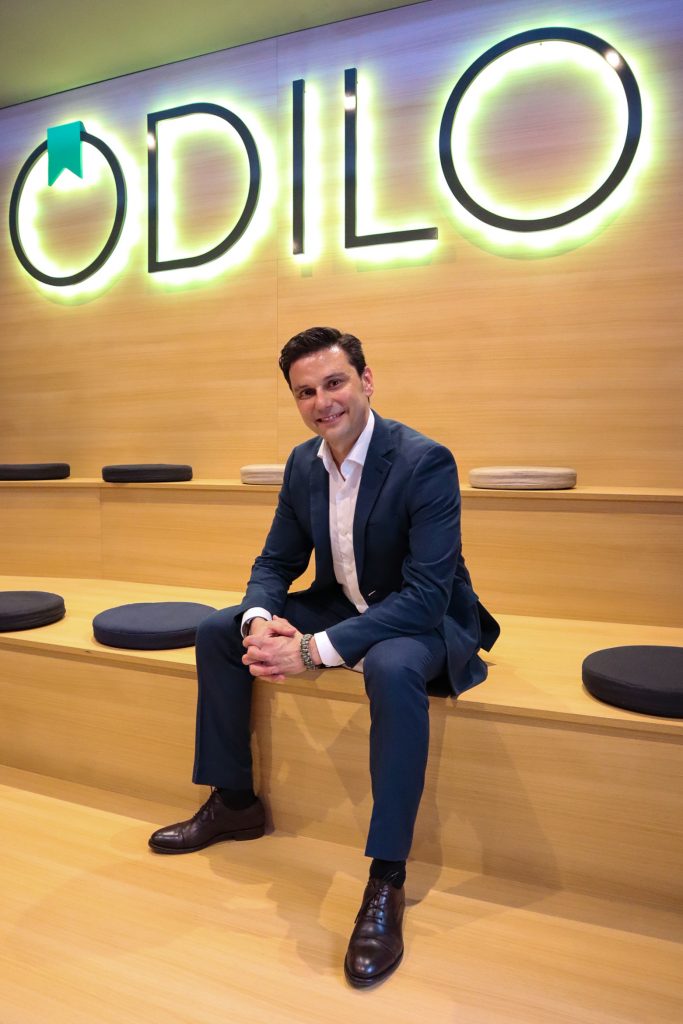Categories:
Editorial article published by: ORH
By Iván López, VP Corporate Global Sales at ODILO.
In the current business environment, marked by high volatility and an increasingly incipient incorporation of technological innovations, HR managers play a crucial role. They are tasked with evaluating the skills of internal talent, measuring their level of expertise, identifying gaps in task resolution, and anticipating which ones will be most needed in the long term. At the same time, workforces are aware of the importance of developing new skills, in addition to reinforcing existing ones, to continue to provide relevance to companies.
In this context, it is imperative that companies understand and manage employee expectations and thus raise internal talent retention rates. Organizations recognize that their success depends to a large extent on their ability to attract, develop, and, above all, retain highly skilled and committed human capital. Thus, increasing companies focus on employee-centric strategies, specifically promoting and supporting training, development, and personal and professional growth plans.
Recent data provided by Pluxee in its ‘Study of Trends and Challenges in HR 2024’ show that 2 out of 3 companies (66%) plan to offer programs to influence this line this 2024. This is a step forward, and the challenge of making these plans effective and attractive to employees must be added. In this sense, traditional training is taking a step to the side, in an era where technology and immediacy are the main drivers. It is the employees themselves who are looking for flexibility and who demand personalization in their learning, tailored to their needs, motivations and interests, which requires an adaptive and dynamic approach on the part of organizations.
A successful way to enhance these Learning and Development (L&D) programs is to provide professionals with Unlimited Learning Ecosystems that give them access to new training methods. It is also strategic to consider the diversity in learning styles and rhythms in a workforce, which will be the key to success in implementing training.
Unlimited Learning Ecosystems play a crucial role in this context, providing managers with real-time data about their teams’ learning experiences, courses, and plans created, as well as time spent and ecosystem usage. This is made possible through tools such as Artificial Intelligence and data analytics, which give managers a comprehensive understanding of their teams’ learning journeys.
For example, AI can recommend personalized content based on the user’s interests, creating a more engaging and complete educational experience. This is a plus point for increased motivation and engagement, making the learning process more interactive and relevant to daily work.
This undoubtedly provides companies with the possibility of anticipating needs, adapting and having an efficient tool. It also gives the company a competitive advantage by providing employees with a wide range of unrestricted educational resources and fostering a culture of continuous training. Not everyone learns the same, which highlights the need to create training plans that are adaptable and customizable and that are integrated into employees’ daily routines, allowing them to learn at their own pace and at times that are convenient for them. An opportunity for unlimited professional development that allows for a dual benefit focused on keeping your teams motivated while ensuring their skills are always up to date.
This fundamental issue encourages employee loyalty as they feel that their professional growth is a priority for the company. The possibility of learning and developing within the company not only improves their skills; it also increases their loyalty and job satisfaction. Employees who perceive that their employer invests in their training and development tend to be more committed and stay with the company longer, thus reducing turnover and associated costs, as concluded by the study ‘The American Upskilling Study: Empowering Workers for the Jobs of Tomorrow’ by Gallup, which notes that more than 60% value training in the organization when deciding whether to stay in their current job.
In short, managing and retaining talent through adaptive and customized training with Unlimited Learning Ecosystems is the latest cutting edge for HR departments. By investing in the professional development of the team, the company ensures its long-term success by creating an engaged and highly skilled workforce with the potential to meet any challenge that comes its way.
